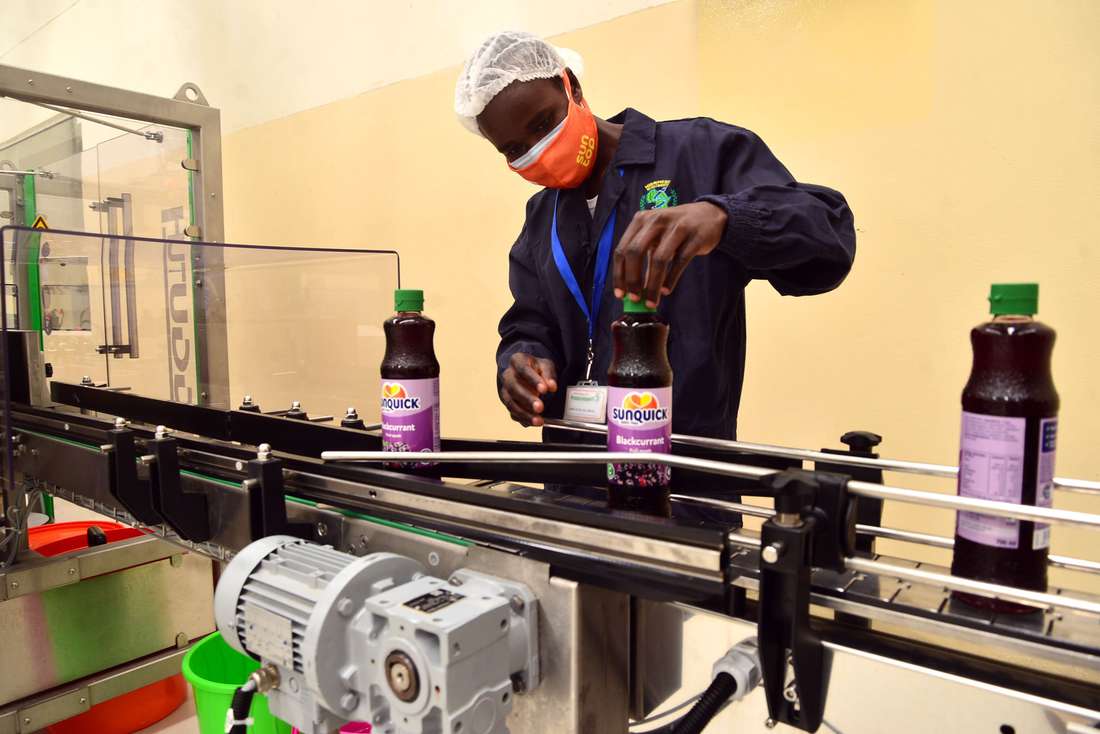Kenyan companies have been the most adventurous, with their cross-border advances returning a mixed bag of fortunes.
Efforts to harmonise taxes, creation of one-stop border points, common investments in infrastructure projects and other initiatives have turned the EAC into a fertile expansion territory.
The 150 million people strong EAC Common Market has opened a window for cross-border expansion, nurturing homegrown multinationals that now straddle the region.
Kenyan companies have been the most adventurous, with their cross-border advances returning a mixed bag of fortunes.
Some firms have recorded huge successes while others have rued the decision to venture outside their home markets. Fast-growing sectors such as financial services, manufacturing, retail, transport and ICT have provided launch pads for those itching to venture outside their comfort zones.
“The spirit of the Common Market Protocol encouraged Kenyan companies to venture into the region but most realised the situation on the ground was quite different. Despite the challenges, Kenyan companies have benefitted specifically when it comes to free movement of persons, labour and capital,” said Meshack Kipturgo, managing director of logistics company, Siginon Group.
EAC countries have to a large extent domesticated the Common Market Protocol making it easier for private companies to establish cross-border operations, but some have gone against the agreement on areas like free movement of people and land use that remains restricted.
Some of the notable Kenyan companies with regional operations include KCB, Equity, DTB and NCBA banks, East Africa Breweries Ltd, Bidco Oil Refineries, Brookside Dairy, Siginon Group, Nation Media Group and Britam.
Stiff competition
For most of these companies, the search for revenue growth opportunities and stiff competition in the domestic market both from local companies and global conglomerates coming into the region forced them to seek new opportunities regionally.
Efforts to harmonise taxes, creation of one-stop border points, common investments in infrastructure projects and other initiatives have turned the EAC into a fertile expansion territory.Some companies, particularly banks, have cross-listed their shares in neighbouring bourses including Dar es Salaam Stock Exchange, Uganda Securities Exchange and Rwanda Stock Exchange to create a sense of local ownership, improve visibility and enlarge their investor base.However, low or no trading due to shallow depth of the stock markets, high stockbrokerage fees, clearing and settlement costs, and other charges have discouraged other companies to consider cross-listing.Some of those that have crossed boundaries have struggled to sustain operations of the new subsidiaries, majority of which have taken years […]
